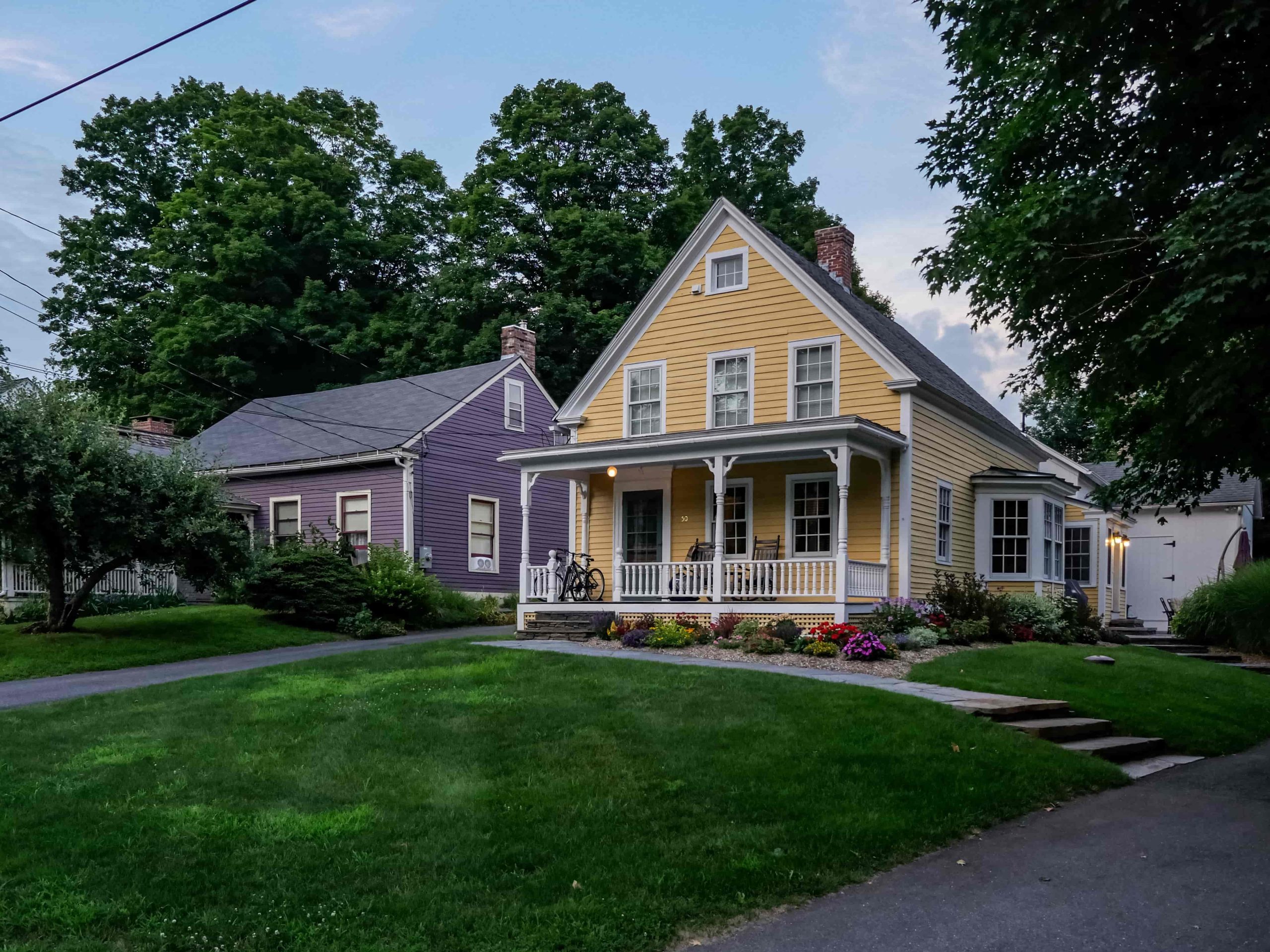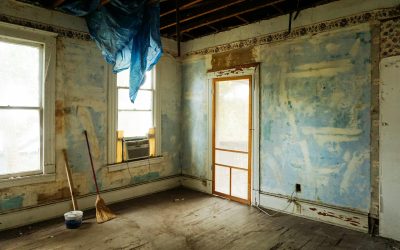The best time to buy a house in Massachusetts is fall (September-November) for the best deals and winter (December-February) for the lowest prices. Spring and summer offer more inventory but higher prices due to increased competition.
Seasonal buying patterns in Massachusetts: Spring sees 15-20% higher prices due to peak demand and bidding wars. Summer maintains competition but offers late-season negotiation opportunities. Fall provides the sweet spot with motivated sellers, fewer buyers, and common price reductions. Winter delivers the lowest prices but limited inventory, with sellers often accepting below asking price.
Beyond seasons, mortgage rates have greater impact on affordability than timing alone. A 1% rate drop on a $500,000 home saves over $300 monthly. Massachusetts-specific factors include local market variations—Boston differs from Cape Cod, college towns like Cambridge see late summer spikes, and vacation areas drop prices after summer tourism.
Key buying strategies: Track expired listings (90+ days on market) for motivated sellers, monitor Massachusetts first-time buyer programs like MassHousing loans, and research your specific location since statewide trends don’t apply equally to all areas.
Bottom line: Choose spring for maximum inventory, fall for balanced selection and savings, or winter for rock-bottom prices if you can handle limited choices. Smart buyers focus on mortgage rate timing and local market conditions rather than just seasonal patterns.
How Seasons Affect Home Prices in Massachusetts
The Massachusetts housing market follows a predictable seasonal pattern, but smart buyers can find ways to work it to their advantage.
Spring (March – May): High Inventory, High Prices
Spring is the busiest time for real estate. Sellers list their homes, buyers flood the market, and competition drives up prices.
Pros:
- More homes to choose from
- Freshly listed properties mean less risk of hidden issues
- Ideal weather for open houses and inspections
Cons:
- Bidding wars are common, pushing prices up
- Mortgage rates may rise due to high demand
- Sellers are less flexible with negotiations
Expert Insight: Many people believe spring is the best time to buy, but it’s often the worst for getting a deal. If you buy in the spring, expect to pay a premium. Sellers aren’t desperate, and multiple buyers often drive prices well above asking.
Summer (June – August): Still Competitive, But Some Deals Appear
By summer, the spring frenzy starts to slow, but demand remains strong. Families with school-aged children want to move before the new school year starts, keeping the market active.
Pros:
- Still a good selection of homes
- Sellers who didn’t sell in spring may lower prices
- Longer daylight hours make home shopping easier
Cons:
- Competition remains high
- Hot weather can make home shopping tiring
- Mortgage rates may still be high due to demand
Expert Insight: Late summer (July-August) can be a great time to negotiate. Sellers who didn’t get their ideal price in the spring are more open to offers, especially if they need to move before fall.
Fall (September – November): Sweet Spot for Buyers
Fall is when serious buyers can score real deals. Many sellers who listed in spring but failed to sell are now more willing to negotiate.
Pros:
- Price reductions are common
- Less competition
- Sellers are more flexible on terms
Cons:
- Inventory starts to shrink
- Fewer options in specific neighborhoods
Expert Insight: This is when smart buyers strike. Sellers facing a deadline—such as a job relocation or needing to close before the holidays—are more willing to negotiate on price and closing costs.
Winter (December – February): Best Prices, Limited Choices
Winter is the slowest season for Massachusetts real estate, making it the best time for bargain hunters. However, fewer homes are listed, and weather can make home inspections tricky.
Pros:
- Sellers are often motivated to sell quickly
- Prices are at their lowest
- Less competition
Cons:
- Fewer homes available
- Weather conditions may hide potential home issues
- Mortgage lenders and real estate agents may have limited availability due to holidays
Expert Insight: If you can brave the cold, winter is when you’ll find the lowest home prices. Sellers listing in winter often have no choice, meaning they’re more willing to accept lower offers.
Beyond Seasons: Other Factors That Affect the Best Time to Buy
1. Mortgage Rates Can Change Everything
Many buyers focus on timing the market by season, but mortgage rates can have a bigger impact on affordability than home prices alone. For example, if rates drop from 7% to 6%, your monthly payment on a $500,000 home could decrease by over $300 per month.
Pro Tip: Keep an eye on interest rate trends and act when they dip. A lower rate can save you more than waiting for the “cheapest” month to buy.
2. Local Market Conditions Matter More Than National Trends
Massachusetts is diverse—Boston’s market is different from Cape Cod’s, and Worcester doesn’t follow the same trends as the Berkshires. Some areas see seasonal fluctuations, while others remain steady year-round due to job markets, universities, and tourism.
Pro Tip: Research your specific location. Areas with colleges, like Cambridge and Amherst, have demand spikes in late summer as rental investors look to buy. Vacation home areas, like Cape Cod, often see price reductions after summer.
3. The Power of Expired Listings
Listings that have been on the market for 90+ days often signal that the seller is frustrated. This can be a huge advantage for buyers willing to negotiate.
Pro Tip: Ask your real estate agent to track listings that have been sitting for a while—especially in fall and winter. Sellers may be much more willing to accept a lower offer.
4. Massachusetts-Specific First-Time Homebuyer Grants
Massachusetts offers periodic grants and assistance programs for first-time homebuyers, such as MassHousing loans or the ONE Mortgage program.
Pro Tip: Plan your purchase around new assistance programs. Some are only available for a limited time, and timing your purchase to qualify for extra aid can save thousands.
Massachusetts Buying And Selling Experts
If you want the biggest selection, spring and early summer are your best bet. But if you want the best price, aim for late summer through winter.
Serious buyers should watch mortgage rates and local trends just as much as the season. Some of the best deals come from patient buyers who track price reductions, expired listings, and motivated sellers.
And if you need to sell a home quickly and without hassle, New England Home Buyers can help. We specialize in buying homes fast, in any condition, with no realtor fees or closing costs. If you find yourself needing to sell quickly to time the market, we can offer a fair cash deal and close in a matter of days—allowing you to move on and make your next purchase at the right time.
Want to learn more? Contact us today for a free, no-obligation cash offer on your home!








